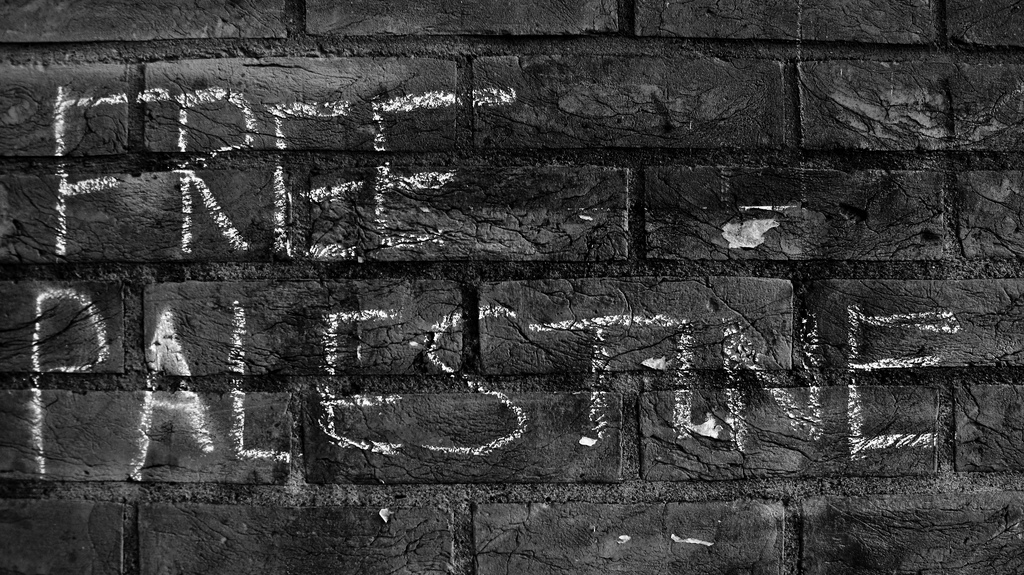Originally published at MintPress News.
JERUSALEM — Though the sharing economy may offer new avenues for income, it’s also contributing to an old problem: Israel’s ever-expanding, illegal occupation of Palestine.
Human rights experts widely agree that apartheid Israel’s settlements in Occupied Palestinian Territoriesviolate international law. This, it seems, is not a problem for Airbnb: The website and smartphone app which lets users rent a room in someone’s house or unused apartment, lists dozens of properties in illegal Israeli settlements.
Kate Shuttleworth and Julia Carrie Wong, writing on Jan. 13 for The Guardian, reported that the listings are “raising questions about the technology platform’s legal position in profiting from rentals on the land.”
[W]hile a search for Airbnb properties in the Palestinian Territories turns up rentals in the Palestinian cities of Ramallah and Nablus, properties in settlements such as Efrat, Ma’ale Rehavam and Tekoa are listed as being in Israel.
Those Jewish settlements are beyond “the green line” – the border defined in the 1949 Armistice Agreements between the armies of Israel, Egypt, Jordan, Lebanon and Syria after the 1948 war. Israeli settlements in Palestinian territory are generally viewed as illegal by the international community and have long been seen as a major roadblock to a viable Palestinian state.
John Dugard, professor of international law and former U.N. special rapporteur on Palestinian human rights, told The Guardian that patronizing Airbnb properties in settlements “facilitates the commission of the crime of establishing settlements” and “therefore aids and abets the crime.” Dugard also noted that Airbnb could theoretically face prosecution in a European court for faclitating this violation of international law.
The misleading nature of the listings is also a major source of concern, according to Jack Jenkins, a writer for ThinkProgress. On Jan. 22, he wrote:
Many of the roughly two dozen postings from settlers describe nearby cities such as Tel Aviv but omit that their residence is in occupied territory. … [R]esidents often argue that their communities, which are supported by the Israeli government and protected by their military, are part of Israel, sometimes citing scriptures from the Jewish Torah as justification for their claim to the land.
“It’s not only controversial, it’s illegal and criminal,” Husam Zomlot, the ambassador-at-large for Palestine, told Al-Jazeera on Jan. 12. “This website is promoting stolen property and land.”
Airbnb deflected criticism by claiming that, “We follow laws and regulations on where we can do business and investigate concerns raised about specific listings,” according to an email sent to CNBC on Jan. 13 and similar statements sent to other media outlets.
RE/MAX, the international real estate firm, has also received harsh criticism for its support of illegal settlements. “Airbnb rents illegal Israeli settlements on occupied Palestinian land; RE/MAX sells them,” wrote Salon’s politics staff writer, Ben Norton, on Jan. 13. Activists from groups like CODEPINK have organized growing boycotts against the RE/MAX, as MintPress News reported in September.
In the light of the apparent dismissal of their concerns, Palestinians and their supporters in the global Boycott, Divestment and Sanctions movement are also calling for a boycott of Airbnb.
Not using @airbnb again until they stop listing properties in illegal settlements in the West Bank as being "in Israel"
— Andy Hockley (@adhockley) January 13, 2016
With the support of CODEPINK and several other groups like American Muslims for Palestine, Jewish Voice For Peace recently launched its #StolenHomes campaign. The human rights groups are encouraging participants to take several actions, from sending letters of complaint to the CEO of Airbnb to creating mock property listings on Airbnb which actually contain the demand that “Airbnb needs to immediately end listing vacation rentals in illegal settlements.”
A #StolenHomes petition created by Jewish Voice For Peace reads,
Airbnb’s anti-discrimination policy states that they prohibit listings that promote racism, discrimination, or harm to individuals or groups, and require all users to comply with local laws. Yet, listing vacation rentals in illegal settlements promotes structural discrimination, theft of Palestinians’ land, and direct violations of international law. Through earning fees from settlement vacation rentals, Airbnb is directly profiting from the continuing occupation and dispossession of Palestinians.
As of Monday afternoon, the petition had nearly 12,700 signatures
